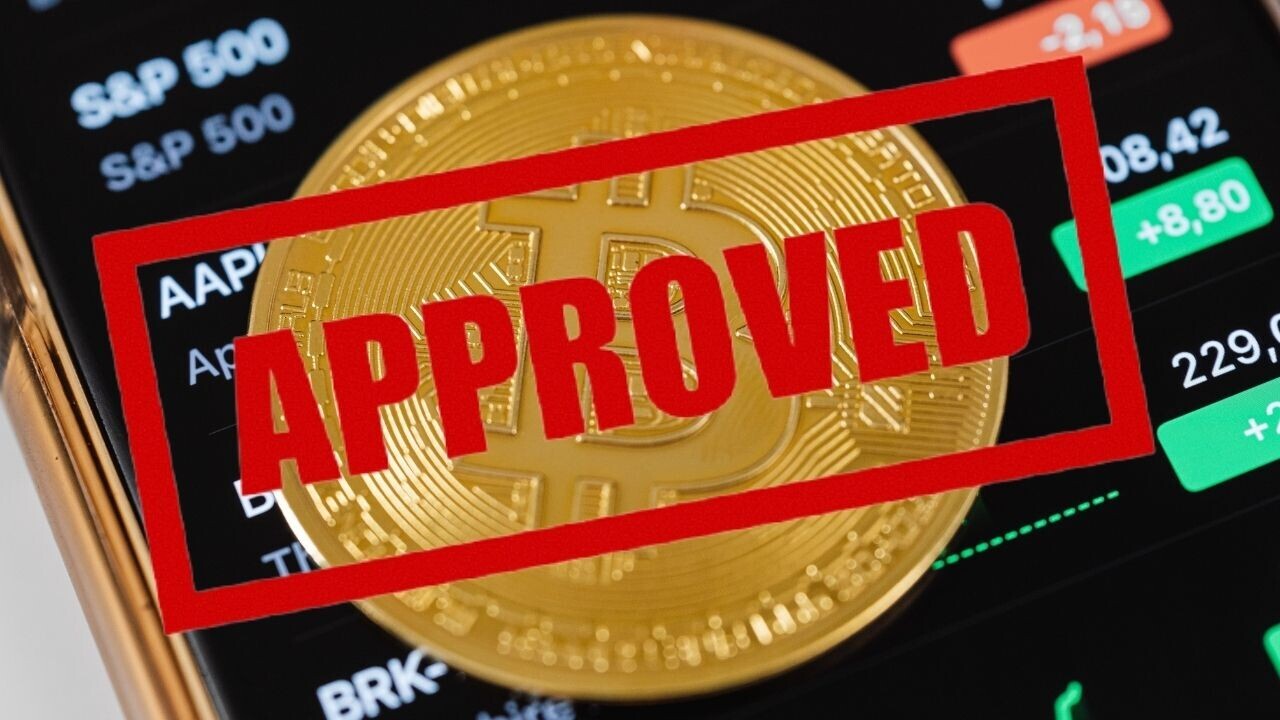
Did you know Hard Fork is taking the stage on Sept 30 and Oct 1? Together with an amazing line-up of experts, we will explore the future of crypto during TNW Conference 2021. Secure your ticket now!
Cryptocurrency regulation has become inevitable, and many people in the industry say they would welcome clearer rules.
Proponents argue that regulatory clarity will legitimize the sector, reduce financial risks, and support product development. Uncertainty, meanwhile, would stall market growth, stifle technical innovation, and scare off potential investors.
Naturally, they want regulation on their own terms. Trading platform Coinbase, for instance, is currently preparing a draft federal framework for consideration by lawmakers.
It’s not unusual for regulators to request input from the tech sector. But that doesn’t mean they will create rules that the industry desires.
“It’s the classic cliche of a double-edged sword,” Lane Kasselman, the Chief Business Officer of crypto company Blockchain.com, tells Hard Fork.
“We’ll end up with really clear regulation in the US, UK, and EU that gives us a little bit of what the crypto industry wants, and probably creates some frameworks that we don’t really love and have to innovate around.”
Kasselman is nonetheless among those calling for permanent regulation. While many crypto firms historically preferred to stay below the radar, he says, the more mature ones now need new frameworks to grow their businesses.
He highlights two other forces that are accelerating the drive for regulation: growing awareness of potential consumer harms, and regulators recognizing that the industry is maturing.
Kasselman saw a similar evolution while he was working on regulatory campaigns and frameworks at Uber: “Regulators tend to wait to see if an industry becomes mature enough and they actually need to take action. Government moves slowly everywhere; they wait for a certain level of maturity.”
In comparison to the EU and UK, Kasselman says regulatory progress in the US has been slow.
One of the reasons is that government agencies disagree about how to classify crypto. Some want to treat it as a commodity, while others argue that it’s a security or a property.
The reality is that the industry doesn’t neatly fit into any individual bucket.
“Saying crypto is like saying banking; it means so many things,” says Kasselman.pan>
That’s not the only way in which crypto resembles traditional banking. The two are becoming increasingly intertwined. And as they become more integrated, the rush to regulate crypto will only accelerate.
Lane Kasselman is speaking at TNW Conference 2021 on September 30th and October 1st. He’ll be joined by 150 other amazing experts who will share their latest insights from the world of business and tech.
Get the TNW newsletter
Get the most important tech news in your inbox each week.





